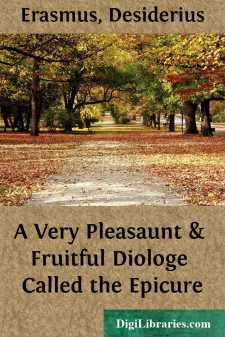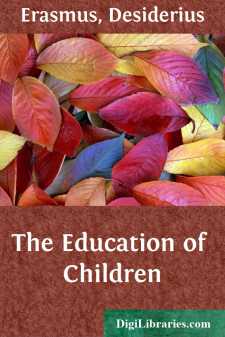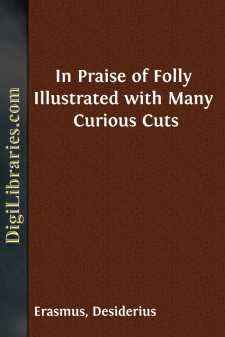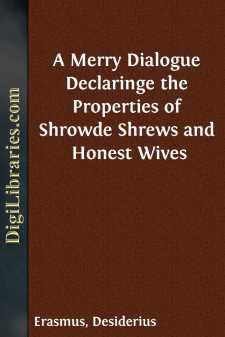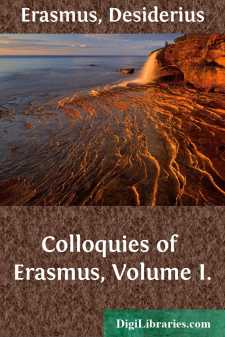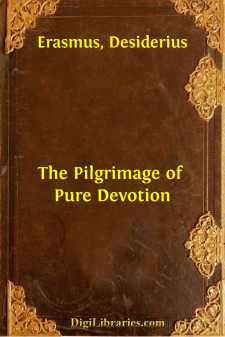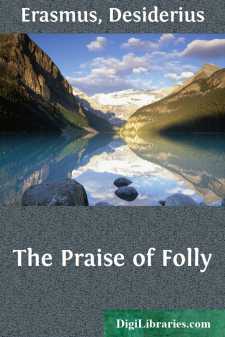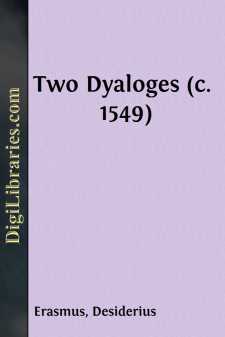Categories
- Antiques & Collectibles 13
- Architecture 36
- Art 48
- Bibles 22
- Biography & Autobiography 816
- Body, Mind & Spirit 145
- Business & Economics 28
- Children's Books 18
- Children's Fiction 14
- Computers 4
- Cooking 94
- Crafts & Hobbies 4
- Drama 346
- Education 58
- Family & Relationships 59
- Fiction 11831
- Foreign Language Study 3
- Games 19
- Gardening 17
- Health & Fitness 34
- History 1378
- House & Home 1
- Humor 147
- Juvenile Fiction 1873
- Juvenile Nonfiction 202
- Language Arts & Disciplines 89
- Law 16
- Literary Collections 686
- Literary Criticism 179
- Mathematics 13
- Medical 41
- Music 40
- Nature 179
- Non-Classifiable 1768
- Performing Arts 7
- Periodicals 1453
- Philosophy 66
- Photography 2
- Poetry 897
- Political Science 203
- Psychology 45
- Reference 154
- Religion 516
- Science 126
- Self-Help 86
- Social Science 82
- Sports & Recreation 34
- Study Aids 3
- Technology & Engineering 59
- Transportation 23
- Travel 463
- True Crime 29
Our website is made possible by displaying online advertisements to our visitors.
Please consider supporting us by disabling your ad blocker.
A Very Pleasaunt & Fruitful Diologe Called the Epicure
Publisher:
DigiLibraries.com
ISBN:
N/A
Language:
English
Published:
1 year ago
Downloads:
16
Categories:
*You are licensed to use downloaded books strictly for personal use. Duplication of the material is prohibited unless you have received explicit permission from the author or publisher. You may not plagiarize, redistribute, translate, host on other websites, or sell the downloaded content.
Description:
Excerpt
HEREas manye histories of olde & auncient antiquitie, and also al godly & Christiã writers most playnely consêt together, and agree in this, that dignitie, riches, kinred, worldly pompe, and renoume, doo neither make men better, ne yet happiar, contrarie too the blynde & fonde iudgement of the most part of menne: but by the power and strength of the mynde, that is, learnyng, wysedome,and vertue, all menne are hyghly enriched, ornated, & most purely beutified, for these bee thinges bothe notable, eternall, and verye familiar betwene the heauenly father & vs. It is therefore euidente (most excellent Prince) that the fittest ornamêtes for your graces tender age, bee, eruditiõ and vertue. Wherunto you are bothe so ernestly addicte and therin so wõderfully doo preuaile, that I nede not too exhorte & exstimulate your grace vnto the study thereof. For that God him self hath wrought, and fourmed your mynde so apt and desirous too attayne and diligêtly too seeke for al godly doctrine, that euê now you doo shewe in all youre saiynges and dooinges suche a wonderfull pleasaûtes much lyke vnto a certayne swete musike or harmonie, that any honest hart exceadinglye woulde reioyce in the sight therof. Verely, your grace thinketh plainly all time lost, that is not bestowed vpon learnyng, which is a verie rare thyng in anye childe, and rarest of all in a Prince. Thus youre noblenes, rather desireth vertue andlearning the most surest and excellent treasures, which farre surmounte all worldly ryches, then anye vanities or trifles. Nowe youre grace prepareth for the holsome and pleasaunt foode of the mynde. Now you seke for that whiche you shal fynd most surest helper and faythfulst councellour in all your affaires. Now your magnificêt mynde studieth that, whiche all Englyshe menne with meke and humile heartes shuld desire GOD to endue your grace with all. Now with diligent labour you searche for a thyng, as one most myndeful of this saiyng: Happy is that realme that hath a lerned Prince. Nowe you trauaile for that, whiche conquereth, and kepeth doune all greuous tourmentes & outragious affections of the mynde, too the furderaunce of good liuyng, and maintenaûce of vertue, I meane holsome erudition and learnyng. Many Heathen Princes forsoth, are highly magnified with most ample prayses, which gaue them selues too the study of Philosophie, or knowledge of tongues, for their owne commoditie, andespecially for the weale of their subiectes. Who is nowe more celebrated and worthelier extolled then Mithridates? that noble kyng of Pont and Bithinia, which, (as Aulus Gellius writeth) vnderstoode so perfitly the languages of .xxii. sondrye countries that were vnder his dominiõ, that he neuer vsed any interpretour too answer his subiectes, but spake their lãguages so finelye, as thoughe he had been of the same coûtrie. Ageyn, that honorable manne Quintus Ennius saied: that he had .iii. heartes, because he coulde speake Greke, Italian, and Latin. Yea, and breuely, the most famaus writers, as well the Heathen, as the Christien, with an vniuersall consent, playnly affirme: Whan thei had weied the nature and condiciõ of the purest thinges vnder heauen, thei sawe nothyng faire, or of any pryce, or that ought too be accõpted ours, but onely vertue and learning....

